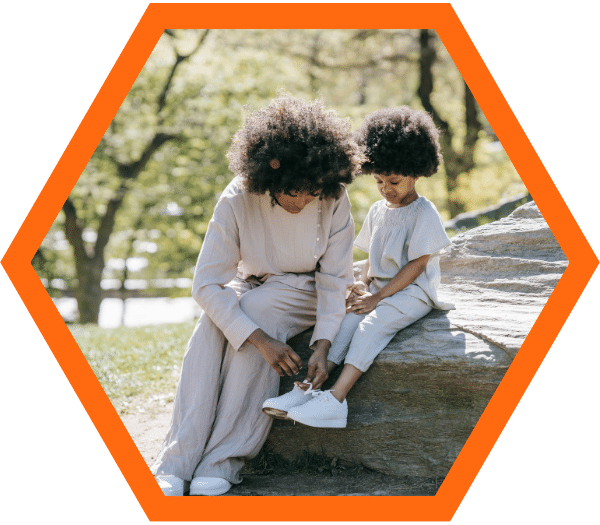Life skills and physical development
Children develop in their minds, their bodies and their feelings at different rates depending upon their genetics, their personality and how they are parented.
The development process involves learning and mastering skills like sitting, walking, talking, skipping, and tying shoes. Learning to look after yourself is an essential life skill. Being able to wash, dress, eat and toilet independently are important milestones in a child’s development.
This section will help you to understand what things can help and how to get extra support when you need it.
Topics
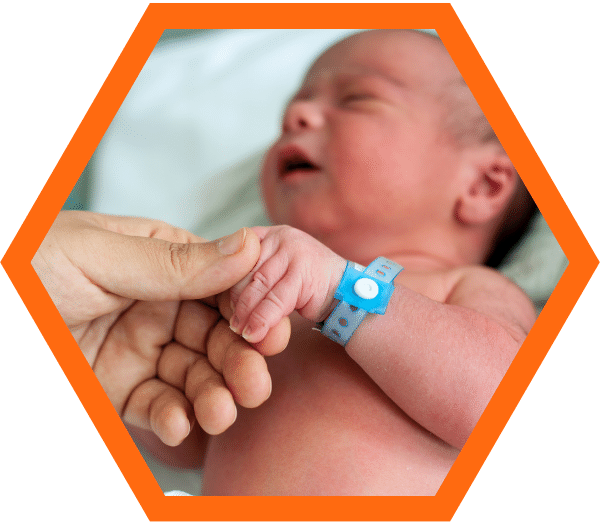
Early development
Your baby’s brain development starts at their head and then moves down their body.
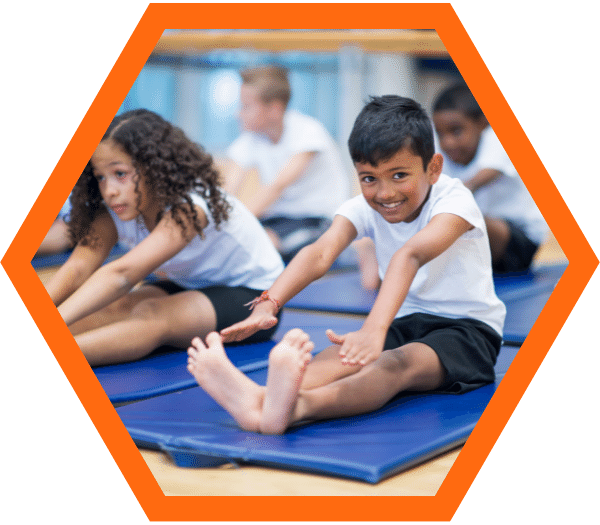
Moving about
There are lots of ways to promote physical development in babies and young children.

Sleeping
Advice to create a healthy sleep environment for your child at different points in their life.

Dressing
Dressing and undressing can be complicated and difficult as it requires a number of essential skills.

Eating and drinking
Skills are needed to swallow and use cutlery, whilst sensory needs might make a child a ‘fussy eater’.
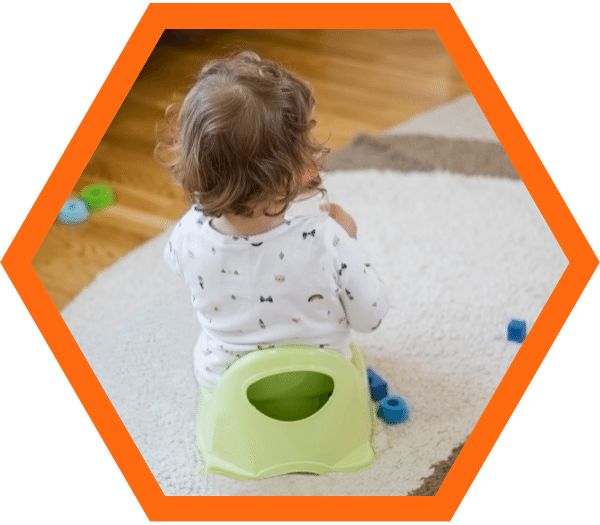
Toilet training
Using toilet is a new skill for your child to learn. It’s best to take it slowly and go at your child’s pace.

Teeth brushing
Brushing your teeth is an essential part of oral hygiene. Start good habits in childhood.

Play
Ideas for activities which can support development of language, cognition and motor skills.

Handwriting
Handwriting is a complex skill and starts well before a child is ready to pick up a pencil and make marks.
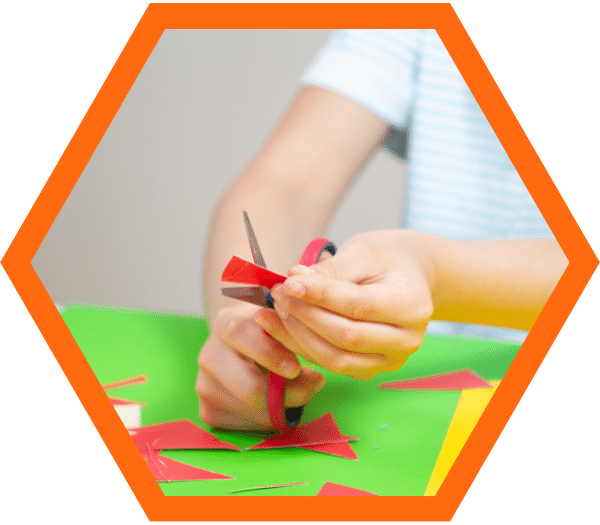
Fine motor skills
Fine motor control is the ability to use hands and fingers accurately whilst carrying out a skilled activity.
Children are required to master a variety of skills before their fine motor skills can be refined with increasing dexterity and precision.
If your child has not developed the necessary prerequisite skills, they will struggle to make any progress with their fine motor skills.
Backward chaining
When teaching a new skill we often start at the beginning. This can be challenging for children sometimes as they get frustrated. You can give your child a sense of achievement by using the backward chaining technique.
Backward chaining is particularly useful when learning self-care skills like dressing. It can also be helpful when teaching younger children. It is also useful when someone is having difficulty learning new skills.
